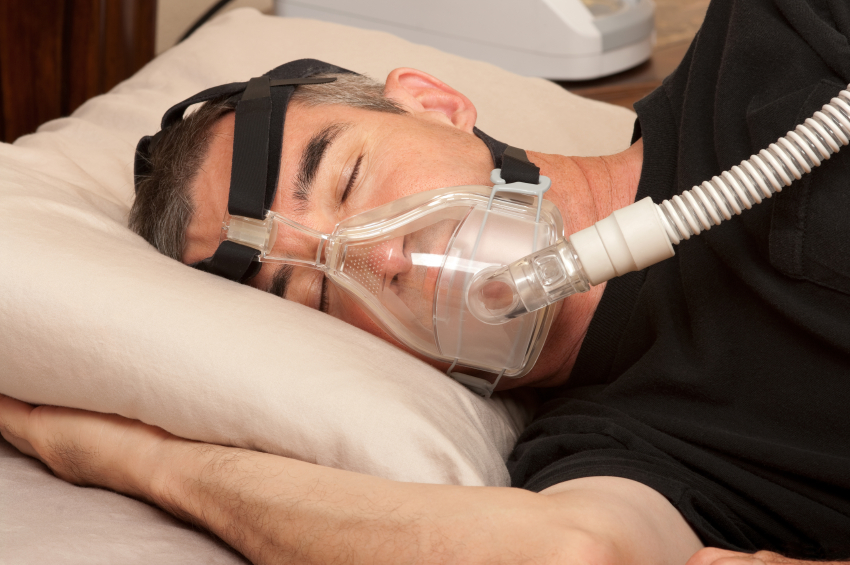
Sleep apnea is a severe disorder that can gravely affect a person’s quality of life due to a lack of sleep. Our surgeons can help you and treat you with different procedures, some of which are non-surgical.
Sleep apnea can be caused by other disorders or conditions, such as enlarged tongue muscles that block the air passages when you sleep.
One of the most common non-surgical methods to treat sleep apnea is the CPAP which is an appliance that is placed over the mouth to allow air to pass uninhibited and can be used for moderate sleep apnea. In some cases, even if you have surgery for your condition, you may still need to use the CPAP for sleeping.
Surgical Options for Sleep Apnea
Some of the most common surgical options for sleep apnea include:
| • | Uvulopalatopharyngoplasty (UPPP) – a surgery in which excess palate tissue is removed or repositioned to widen the airway. This can consist of removing your tonsils, but in general, other operations or treatments are needed for severe cases of sleep apnea. |
| • | Radiofrequency Volumetric Tissue Reduction (RFVTR) – this is a surgical option for people with mild to moderate sleep apnea. Our surgeon cauterizes the tissue around the throat to shrink and tighten it. |
| • | Genioglossus Advancement – our surgeon moves the tongue attachment forward to prevent it from blocking the airways. |
Oral surgery can be beneficial to patients who suffer from mild to severe sleep apnea which is disrupting their and their partner’s sleep. Lack of sleep can lead to poor work and school performance and can even endanger someone’s life while driving.
If you suffer from sleep apnea and want to do something about it, let us know, and we can schedule a consultation to review your history and overall health to determine the best treatment option for your situation.







